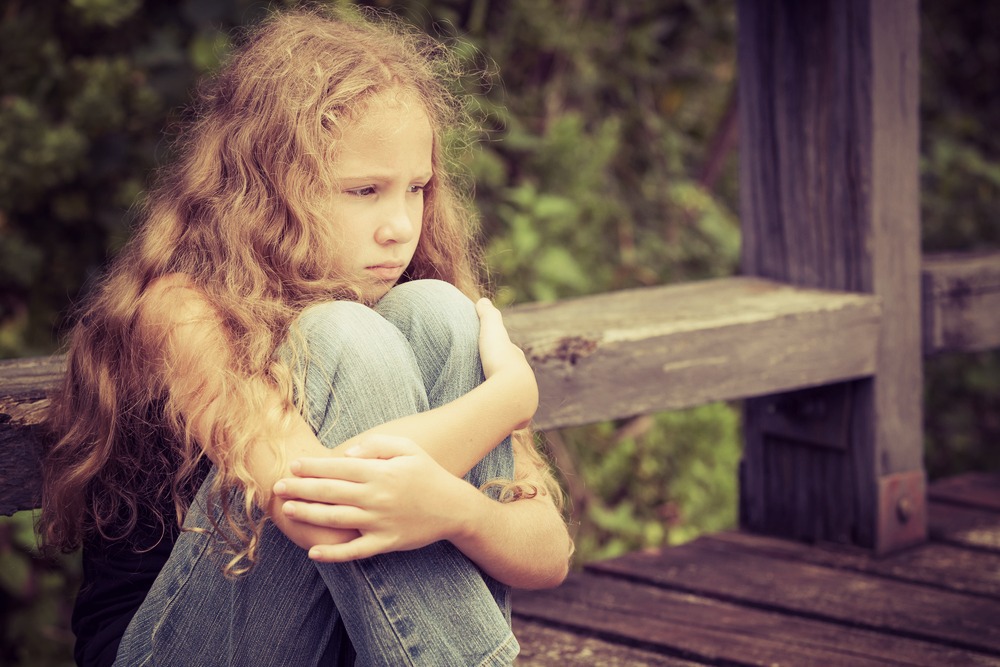Anxiety is a common problem among children, and as a parent or caregiver, it can be challenging to know how to support them. Anxiety in children can manifest in various ways, including excessive worry, avoidance of certain situations, and physical symptoms like stomach aches or headaches. However, there are several things you can do to help your child cope with anxiety. In this blog post, we’ll discuss some practical strategies for supporting anxiety in children.

Validate Their Feelings
The first step in helping your child manage their anxiety is to validate their feelings. Anxiety can be a challenging emotion to navigate, and your child may feel overwhelmed or unsure of how to express themselves. By validating their emotions, you are letting them know that you understand and acknowledge their feelings, which can be comforting and reassuring. When your child tells you about their anxiety, try to avoid dismissing their feelings or telling them to “just relax.” Instead, actively listen to them and offer support and empathy.
Help Them Identify Their Triggers
It’s helpful to identify what triggers your child’s anxiety. Triggers are situations or events that cause your child to feel anxious. Once you know what triggers your child’s anxiety, you can work together to develop strategies to manage those triggers. Encourage your child to identify their triggers, and then brainstorm ways to cope with them. For example, if your child feels anxious before a big test, you can work together to develop a study plan that reduces their stress and anxiety.
Teach Relaxation Techniques
Teaching your child relaxation techniques can help them manage their anxiety. Relaxation techniques can include deep breathing, visualization, progressive muscle relaxation, or mindfulness exercises. By practicing these techniques regularly, your child can learn to calm themselves down when they feel anxious. You can find relaxation exercises online, or you can work with a therapist who specializes in anxiety in children.
Encourage Positive Self-Talk
Negative self-talk can contribute to anxiety in children. Encouraging positive self-talk can help your child build self-esteem and confidence. Help your child identify negative thoughts and replace them with positive ones. For example, if your child says, “I’m not good at math,” you can help them reframe their thinking by saying, “I’m working hard to improve my math skills.” By teaching your child to replace negative thoughts with positive ones, you can help them build resilience and cope with anxiety.
Seek Professional Help
If your child’s anxiety is interfering with their daily life, it may be time to seek professional help. A mental health professional can work with your child to develop a treatment plan that includes therapy and/or medication. Cognitive-behavioural therapy (CBT) is an effective treatment for anxiety in children. CBT focuses on identifying and changing negative thought patterns and behaviours.
In conclusion, supporting anxiety in children requires a multifaceted approach. Validating your child’s feelings, helping them identify their triggers, teaching relaxation techniques, encouraging positive self-talk, and seeking professional help when necessary are all important steps in managing anxiety in children. With patience, support, and effective strategies, you can help your child overcome their anxiety and thrive.
Check out our YouTube channel.













